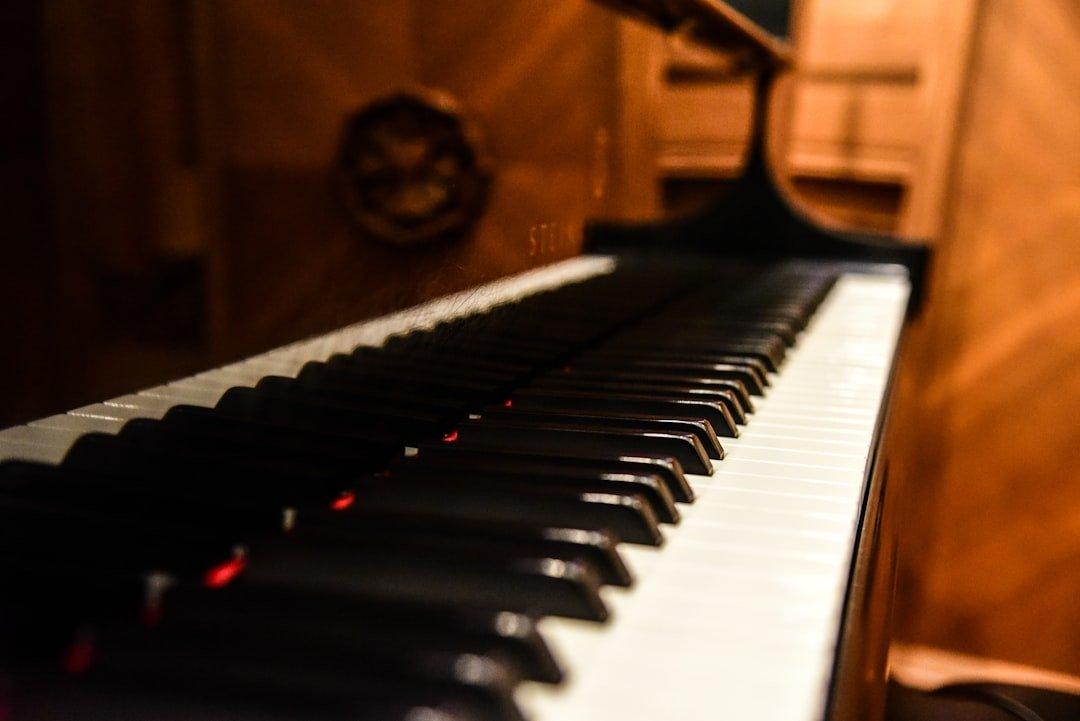
Unlock the Melodies: Essential Tips for Beginners Getting Started with Organ Music
Are you captivated by the harmonious sound of an organ? The allure of a grand organ performance can inspire anyone to explore this fascinating instrument. Whether it's the solemn tones of a church organ or the lively tunes of a theatre organ, starting your journey in organ music can be both fulfilling and exhilarating. In this guide, we’ll provide you with essential tips for beginners to help you get started with organ music, including how to play the intriguing "Dance of the Trumpet organ solo."
Understanding the Basics of Organ Music
Before diving into playing, it’s important to understand what makes organ music unique. Unlike other instruments, the organ comes in various types – from pipe organs to electronic models. Each has its distinct sound and characteristics.
Types of Organs
- Pipe Organs: These are the traditional organs found in churches and concert halls, producing sound by pushing air through pipes.
- Electronic Organs: These create sounds electronically and are often more portable and versatile.
- Digital Organs: A modern take on both pipe and electronic organs, digital organs replicate the sound of traditional models using advanced technology.
The type of organ you choose will significantly influence your learning experience, so take time to explore your options.
Getting Started with Your Organ
Once you’ve chosen your instrument, it’s time to start your musical journey. Here are some practical steps to embark on your organ-playing adventure:
1. Familiarize Yourself with the Instrument
Take time to get to know the different parts of the organ. Understanding the manuals (keyboards), pedals, and stops will give you insights into how to produce various sounds. When playing "Dance of the Trumpet organ solo," knowing where each sound comes from can enhance your performance.
2. Take Lessons or Use Online Resources
While self-learning can be effective, consider taking lessons from a professional instructor. This can give you structured guidance and help you avoid bad habits. Online platforms also offer valuable resources, including tutorials and sheet music, enabling you to learn at your own pace.
3. Practice Regularly
Like any musical instrument, consistent practice is key. Set aside dedicated time each day to practice scales, exercises, and pieces like "Dance of the Trumpet organ solo." Even short practice sessions can lead to significant improvements over time.
Essential Techniques for Beginners
Mastering the organ involves learning several techniques that create a beautiful sound and an impressive performance. Here are essential techniques every beginner should focus on:
1. Hand Positioning
Proper hand positioning is crucial. Start with your fingers curved and relaxed, resting on the keys like a natural extension of your hands. This position allows for fluid movement across the keyboard and enhances the overall sound quality. In your mind, think that you are holding a lemon. Your fingers curve around the lemon and that's how you should be positioning your hands on the keyboards
2. Foot Pedaling
Piano players often overlook the importance of foot pedals. However, in organ music, pedals are fundamental for adding depth and harmony. Begin practicing basic pedal techniques; you’ll soon find that they enhance your playing experience, especially when performing compositions such as "Dance of the Trumpet organ solo."
3. Dynamics and Expression
Organ music offers a wide range of dynamic possibilities. Learn how to control the volume and expressiveness of your playing by subtly manipulating the stops and your touch on the keys. This skill will enable you to bring your pieces, including energetic works, to life.
Exploring Repertoire for Beginners
Once you have the basics down, it’s time to explore different repertoire options. Here are some beginner-friendly pieces that will not only build your skills but also keep you motivated:
- Bach's "Prelude in C Major": A staple in organ repertoire, this piece allows you to focus on fluidity and control. View on Sheet Music Plus
- Beethoven's "Ode to Joy": Recognizable and uplifting, it's great for practicing your dynamics. View on Sheet Music Plus
- "Dance of the Trumpet organ solo": This lively piece combines rhythm and melody, allowing you to showcase your skills and versatility.
Join a Community of Organ Enthusiasts
Connecting with others who share your passion for organ music can be instrumental (pun intended) in your educational journey. Seek out local music schools, online forums, or social media groups where you can meet like-minded individuals and exchange tips and encouragement.
Benefits of Joining a Community
- Get feedback on your performances.
- Share practice strategies and resources.
- Participate in group practices or recitals.
Mastering the Art of Performance
As you become more confident in your playing, consider performing in front of an audience. Here are a few tips to help you excel on stage:
1. Prepare Thoroughly
Before a performance, ensure you have practiced enough to feel comfortable with the piece, such as "Dance of the Trumpet organ solo." Familiarity with the music will help ease nerves on the day of the performance.
Be Patient and Enjoy the Journey
Learning any instrument takes time and persistence. Celebrate your progress, no matter how small, and don't hesitate to challenge yourself with complex pieces as you advance. Remember, even the most skilled organists were once beginners.
Sharing Your Progress
Documenting your journey by keeping a practice journal or sharing progress on social media can be incredibly rewarding. Not only will you keep track of your improvement, but you will also receive support and encouragement from your community.
Ready to Make Music?
In embarking on this wonderful journey with organ music, you’re entering a world full of creativity, expression, and enjoyment. With proper guidance, structured practice, and a community to support you, you will soon be impressing your friends and family with captivating pieces like "Dance of the Trumpet organ solo." Remember that the key to mastering the organ is persistence, patience, and passion. Happy playing!
Please feel free to visit one of our fellow Shopify user's stores by clicking here. Kindly note that this is a promotional link, and we cannot be held responsible for the content of the linked store.
Silent Night Free Sheet Music Canon | Easy Organ Arrangement for Christmas
Away in a Manger Intermediate Piano Solo
Christ the Lord is Risen Today Fanfare | Easter Organ Sheet Music. For Organ, Choir or Congregation
Come Thou Fount of Every Blessing Organ Solo – A Powerful and Timeless Arrangement
View Comments
Leave a Comment
No comments


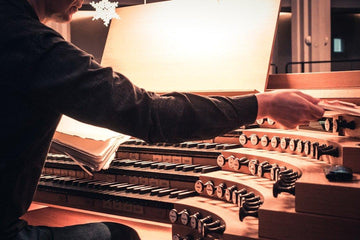
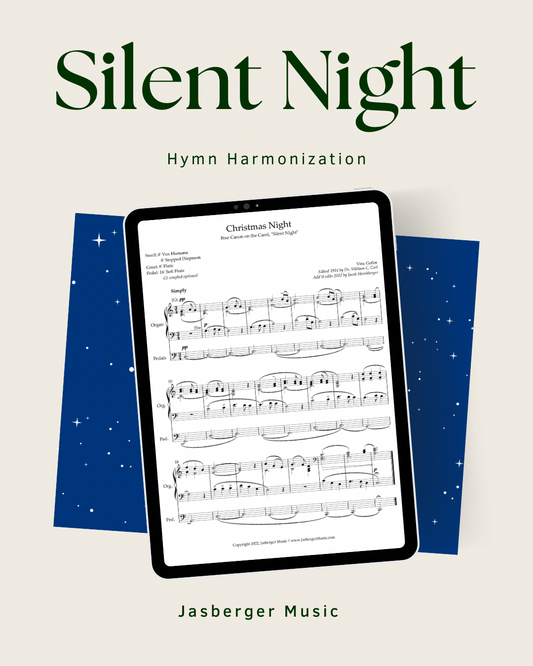
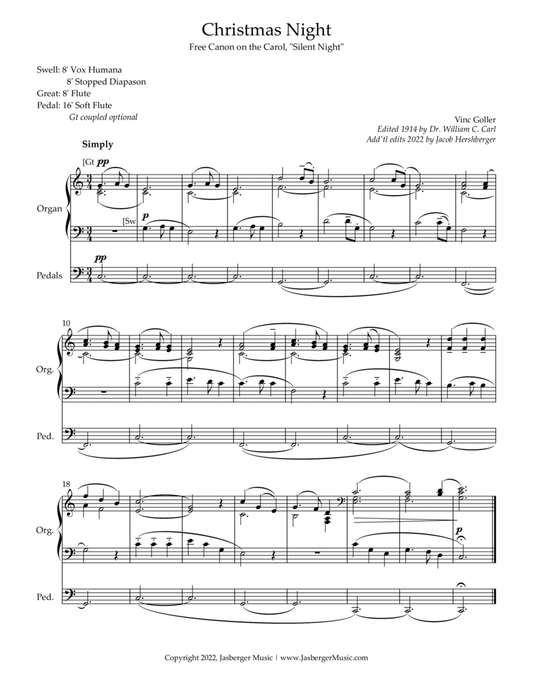
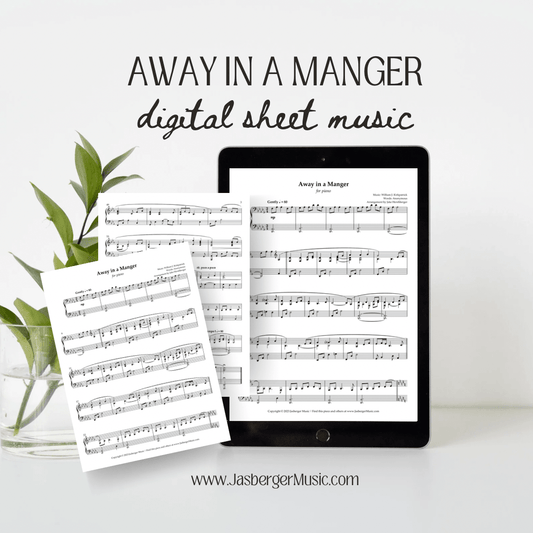
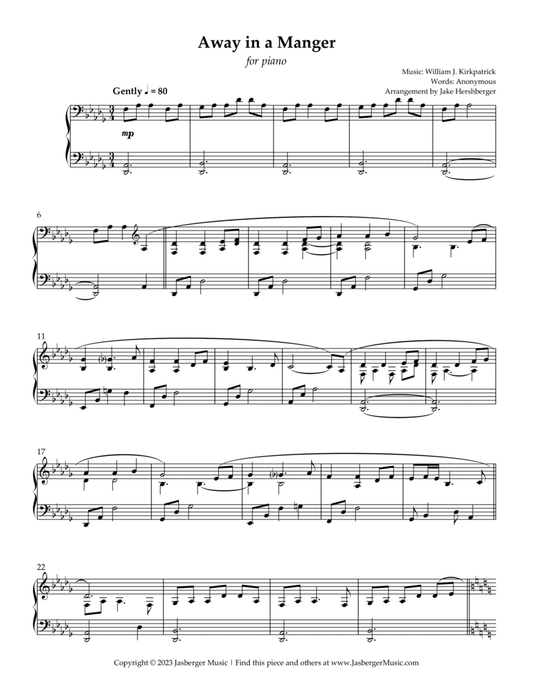

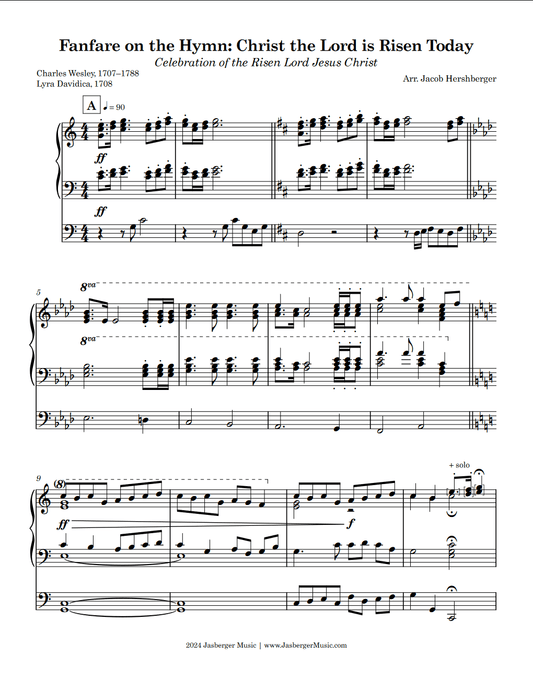

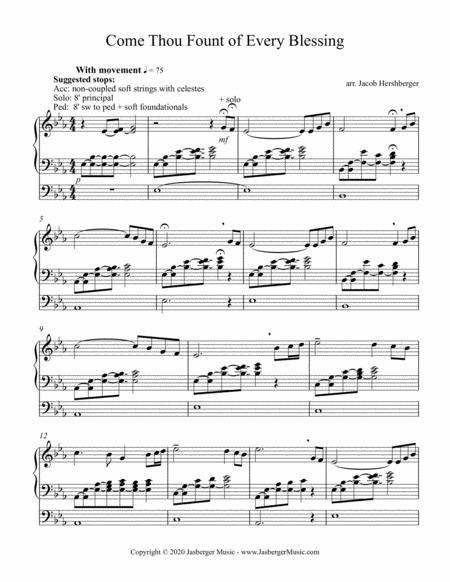

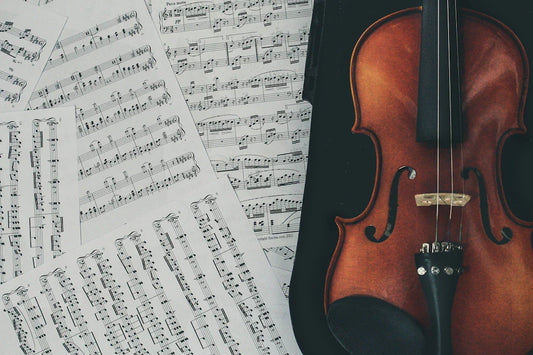
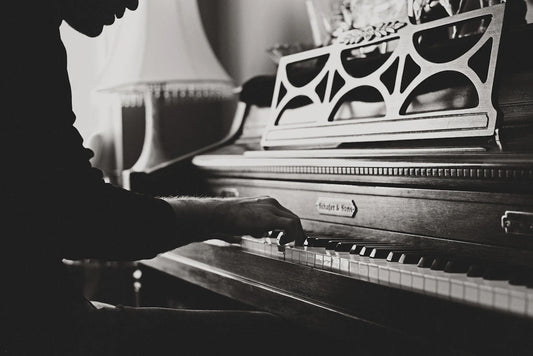
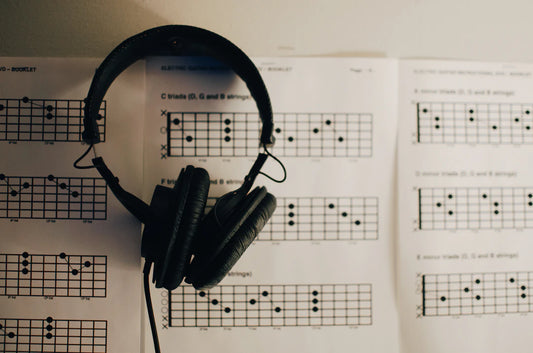


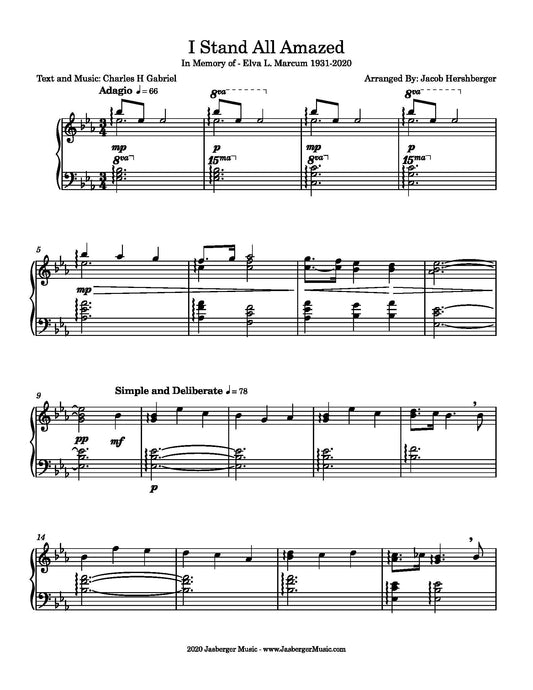

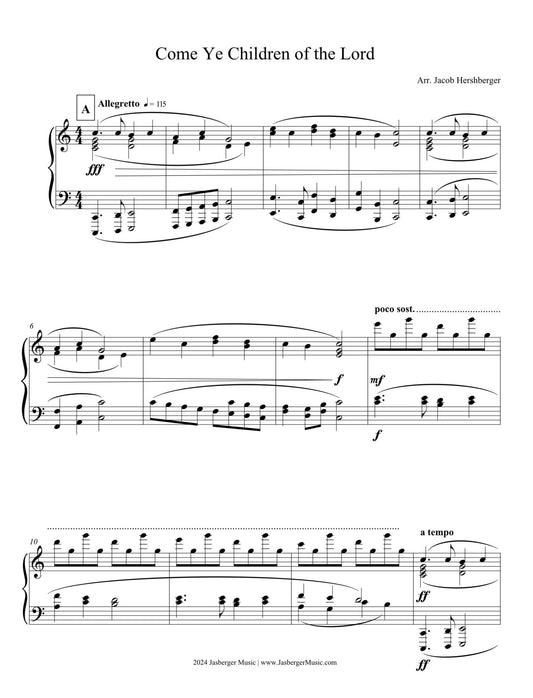
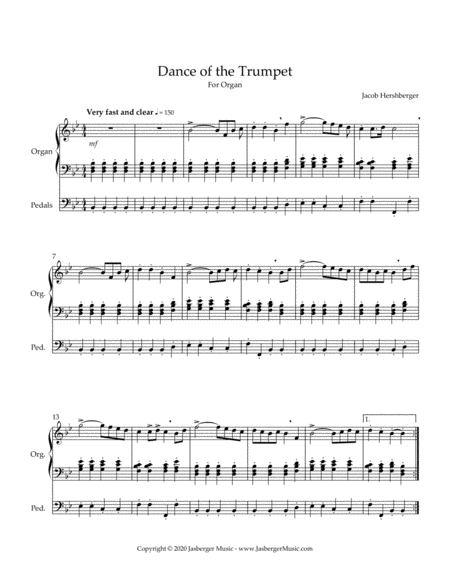
comments